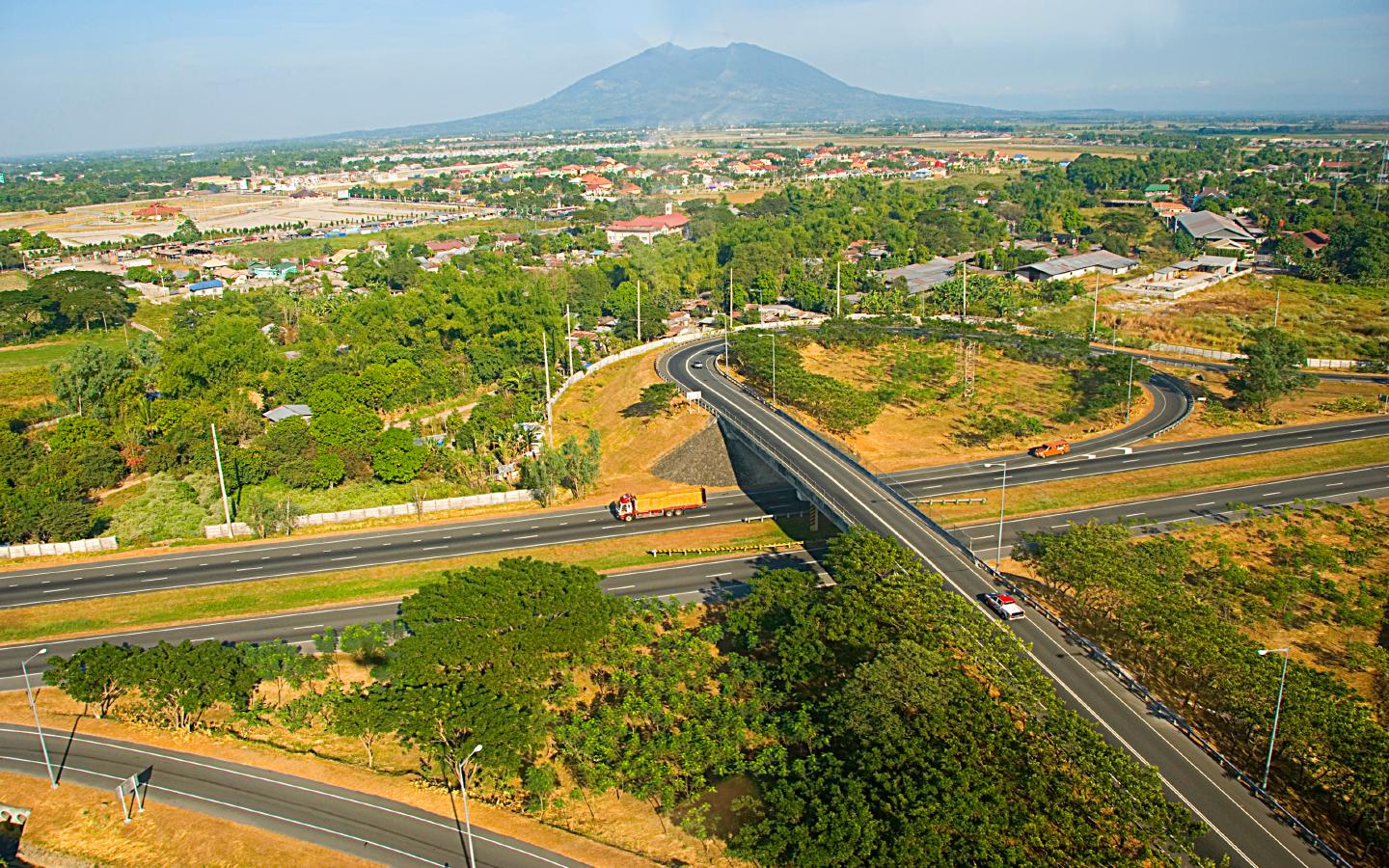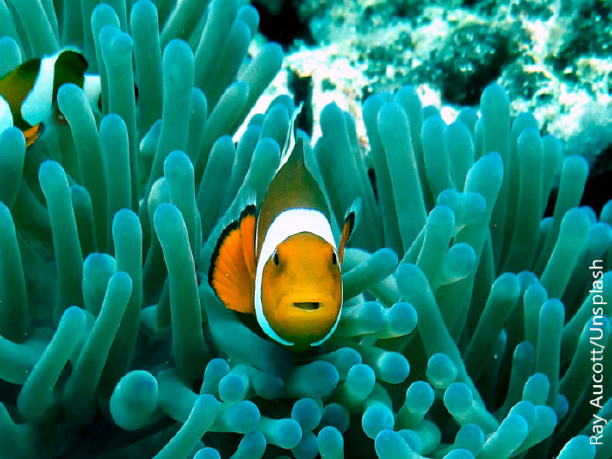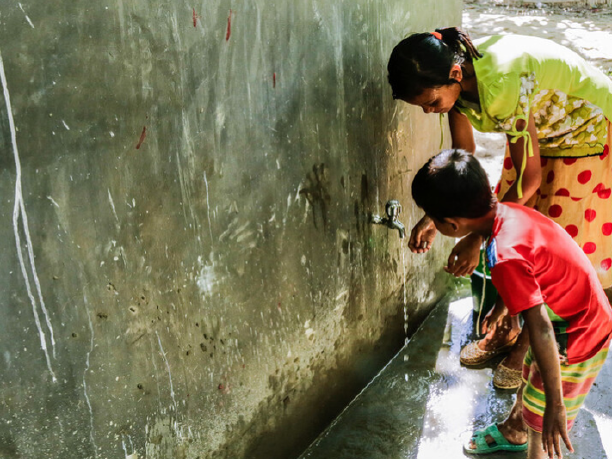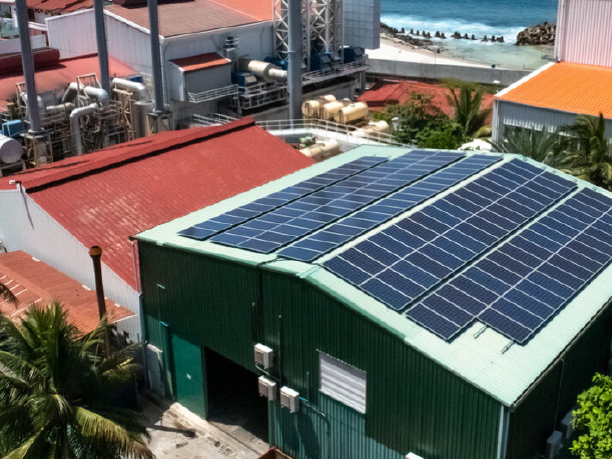European Investment Bank
Listen to the article
Cumulative
- Project-Specific Cofinancing $2.3 billion
Partnership Framework Arrangement
Signing Date 2 November 2021
Completion Date 2 November 2026
The European Investment Bank (EIB) seeks to promote development, particularly focusing on climate change mitigation, economic and infrastructure development, renewable energy, urban transport, and water. The EIB Climate Roadmap was finalized to set the bank’s climate finance goals that support the European Green Deal and help make Europe carbon-neutral by 2050. It also started its transformative action to be recognized as the European Union’s climate bank. The EIB has developed a strong Oceans Program, closely aligned with ADB’s Healthy Oceans Action Plan. The common countries where ADB and EIB operate are Armenia, Bangladesh, Fiji, Georgia, India, the Lao People’s Democratic Republic, Maldives, Mongolia, Nepal, Papua New Guinea, Sri Lanka, and Viet Nam.
Highlights
Knowledge. During the 2023 United Nations Climate Change Conference (COP28), multilateral development banks, including ADB and EIB, made a joint statement affirming their commitment to strengthening collaboration with clients, development partners, civil society, the private sector, and others to reduce poverty and inequality and address the crises.
News
29 Jun 2020
ADB to Help Redevelop Two Subcenters in Ulaanbaatar's Ger Areas
ADB has approved loans totaling $43.7 million as part of a program to support the redevelopment of two additional subcenters in the eastern and western ger areas of Ulaanbataar, Mongolia. The financing is the third tranche of the Ulaanbaatar Urban Services and Ger Areas Development Investment Program. It supports the Ulaanbaatar city master plan to redevelop the capital city’s ger areas.
15 Jan 2021
ADB, EIB Join Forces to Protect Oceans, Support the Blue Economy
ADB and EIB formed a Clean and Sustainable Ocean Partnership to support initiatives in Asia and the Pacific to help meet the SDGs and the climate goals of the Paris Agreement. They will finance activities promoting cleaner oceans through the reduction of land-based plastics and other pollutants discharged into the ocean, as well as projects to improve the sustainability of socioeconomic activities that take place in oceans or use ocean-based resources.





